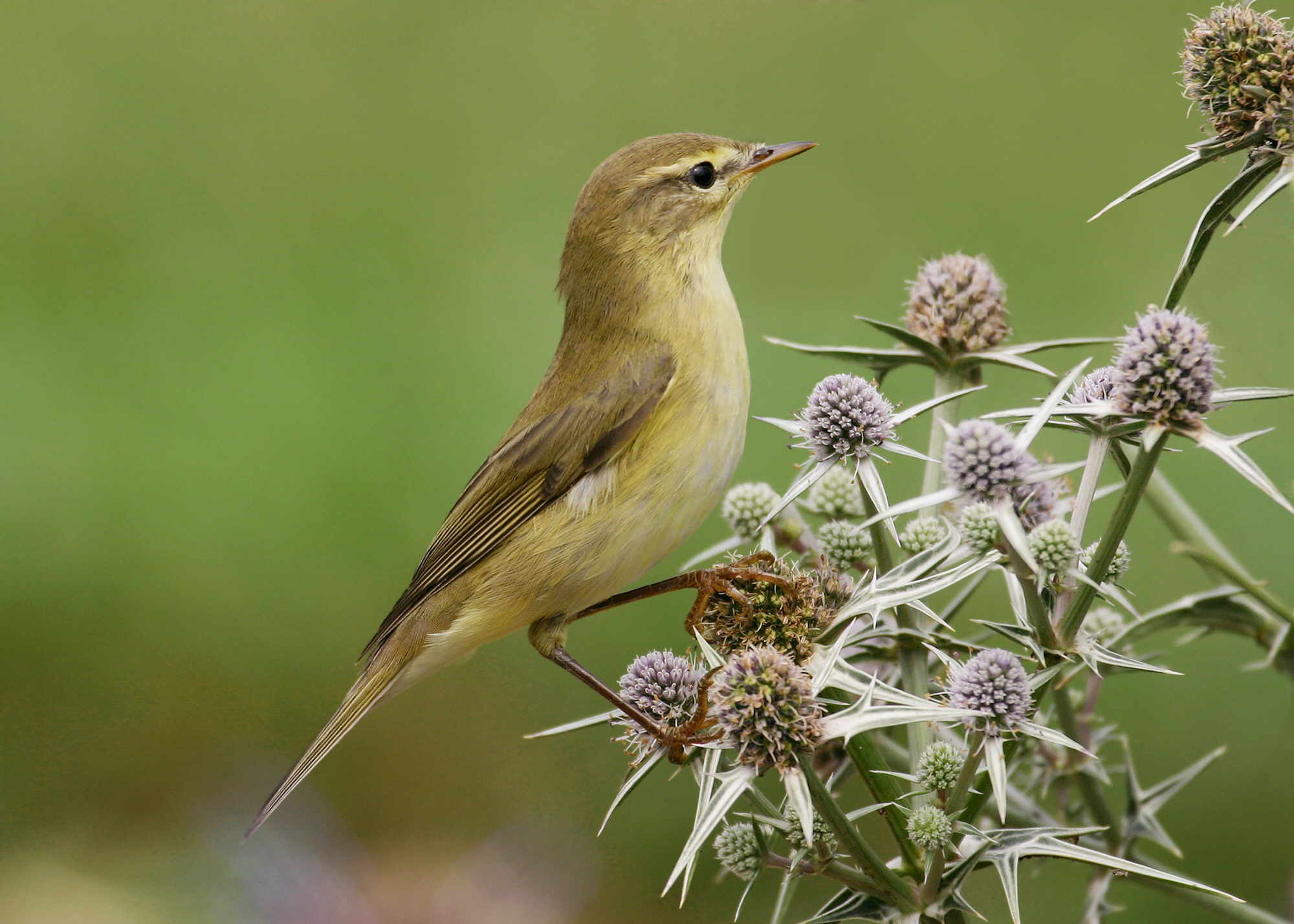UK wildlife ‘at risk from flawed conservation dogma’ after Brexit
06 September 2017

Efforts to save British wildlife could falter if the UK government adopts post-Brexit environment policies that are too rigid, a leading ecologist has warned.
The development of new policies implemented to eventually replace EU environment legislation, presents both opportunities but also significant risks for conservation warns Dr Tom Oliver, from the University of Reading. Relying too heavily on ‘putting a price’ on the value of nature could lead to many important species and habitats being ignored and suffering further declines.
In a keynote speech to be given at the Valuing Nature conference in London on Wednesday evening, Dr Oliver will criticise the quantitative approach to monetising and marketising ‘ecosystem services’. The approach is likely to form a key part of the UK government’s long-term green policies, to be launched by Michael Gove, the environment minister.
"We just cannot afford an ecological collapse like we saw in the financial system in 2008" - Dr Tom Oliver, University of Reading
While ecosystem service valuation can play an important part in assessing overall the state of British nature, it is still too blunt a method to deliver the many requirements of a UK-wide policy, Dr Oliver will say.
'Integrate visions for nature'
“Solely economic methods often lead to including only what we can value rather than what we should be valuing, such as the cultural values of wildlife, and also the longer term resilience of ecosystem services. There are other approaches to consider intangible values in decision making that we should not ignore,” he said.
“It is useful to measure the value that nature holds for society, but there are very few models of ecosystem services that are properly validated. We are only just beginning to understand the true value of nature for some services, such as culture and recreation, and we know that these values vary hugely between people: farmers, dog walkers, fishers and bird watchers all have different perspectives. There can also be conflicts between the local community goals and national targets. We need a better way to integrate these visions for nature, before steaming ahead with developing markets for nature.
“Large scale markets for nature would be particularly dangerous because they assume that we can simply pick up nature and move it around, they ‘crowd out’ other social norms for protecting nature, and they may be subject to financial speculation. We just cannot afford an ecological collapse like we saw in the financial system in 2008.”
'Window of opportunity'
However, Dr Oliver says that he is optimistic about the outlook for British conservation efforts.
“Leaving the EU and adopting new UK policies is a risk but also a window of opportunity. It gives us a chance to make use of state-of-the-art developments, which bring together not only economics and environmental sciences but also integrate the social sciences, in order to develop and achieve our combined vision for Britain’s natural environment,” he said.
The Valuing Nature lecture, ‘An optimist’s guide to managing ecosystem services’, will be delivered by Dr Oliver at the University of Greenwich on the 6 September from 5.30pm.
The lecture will be followed by a panel discussion, Q&A and light refreshments. Members of the panel are Dr Rob Fish, Professor Georgina Mace DBE, Professor Michael Winter OBE, and Professor Charles Godfray KBE. For further information and to apply for a place visit the Valuing Nature website.
